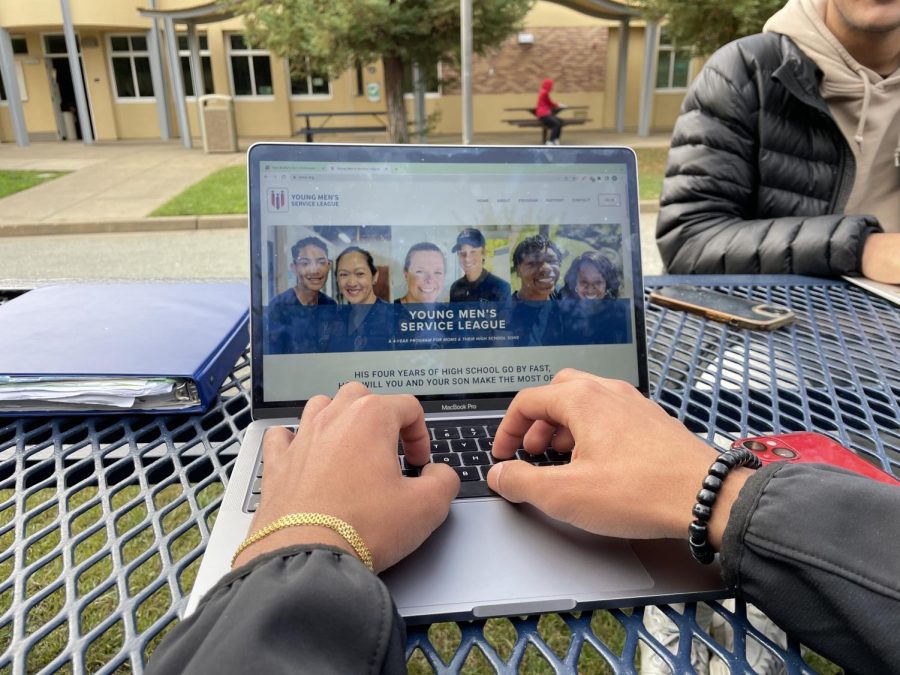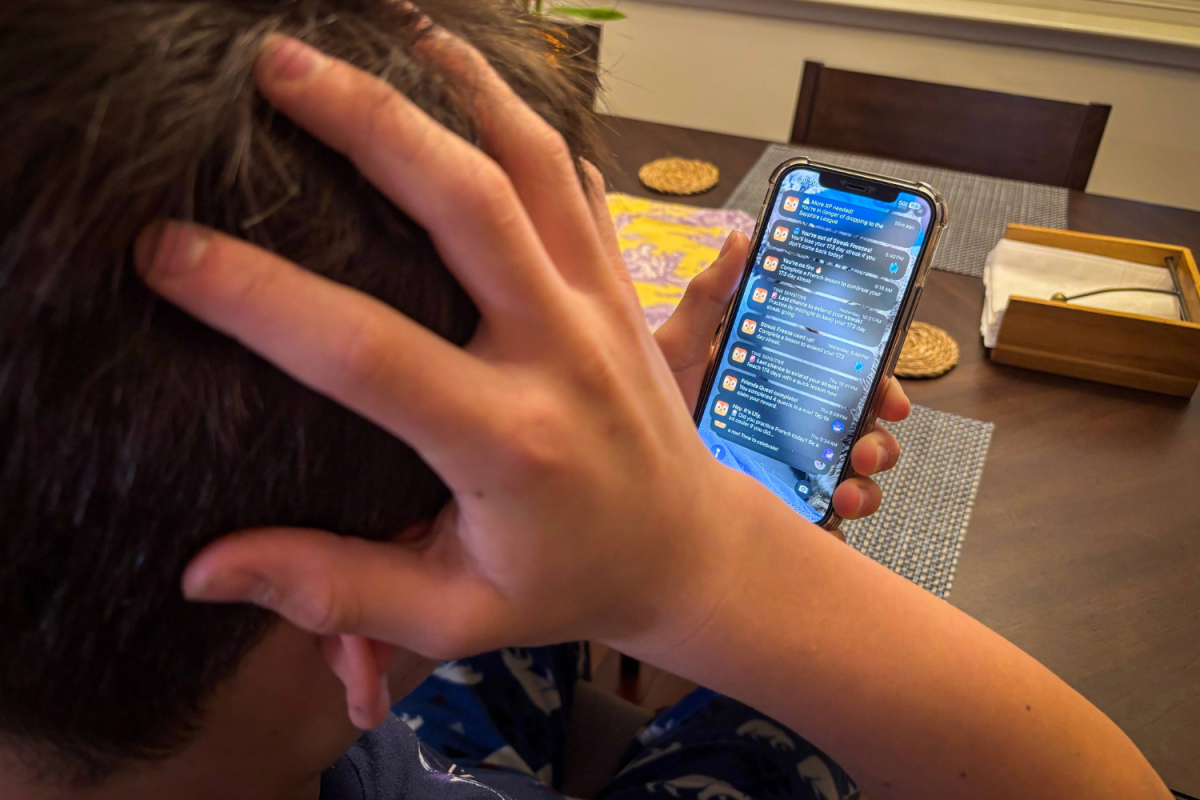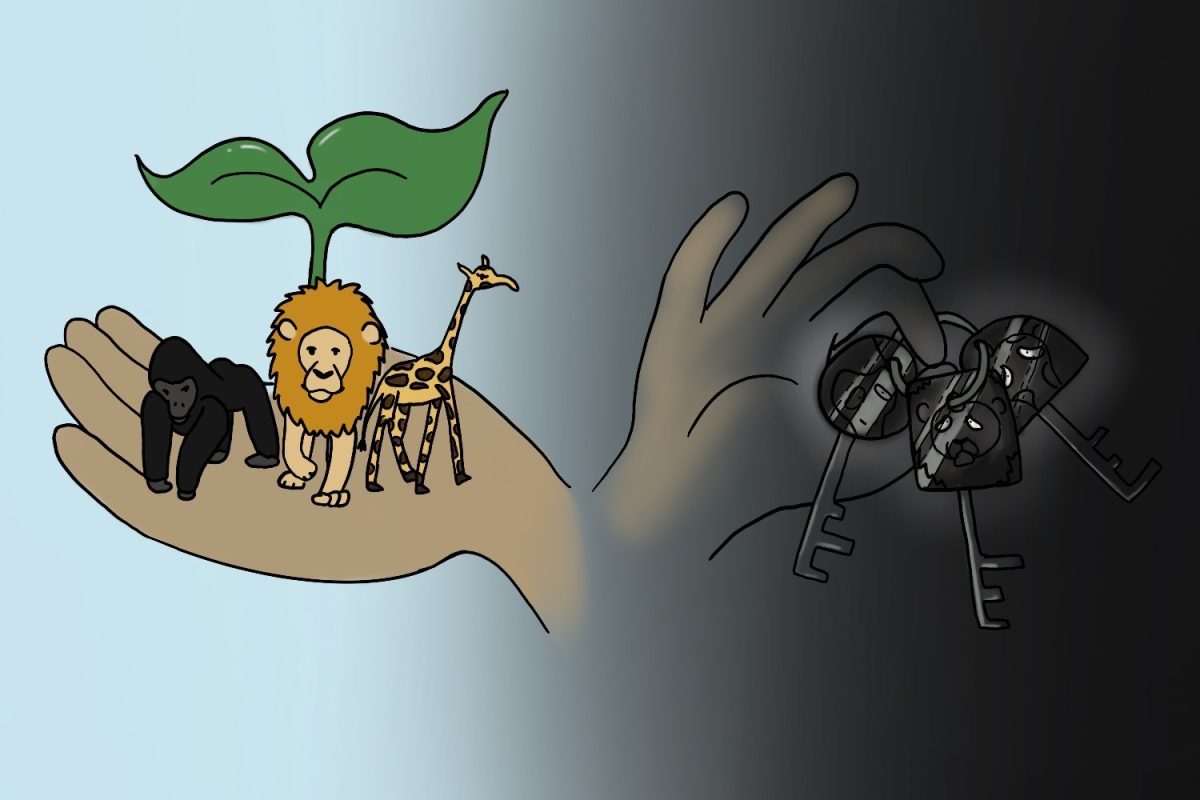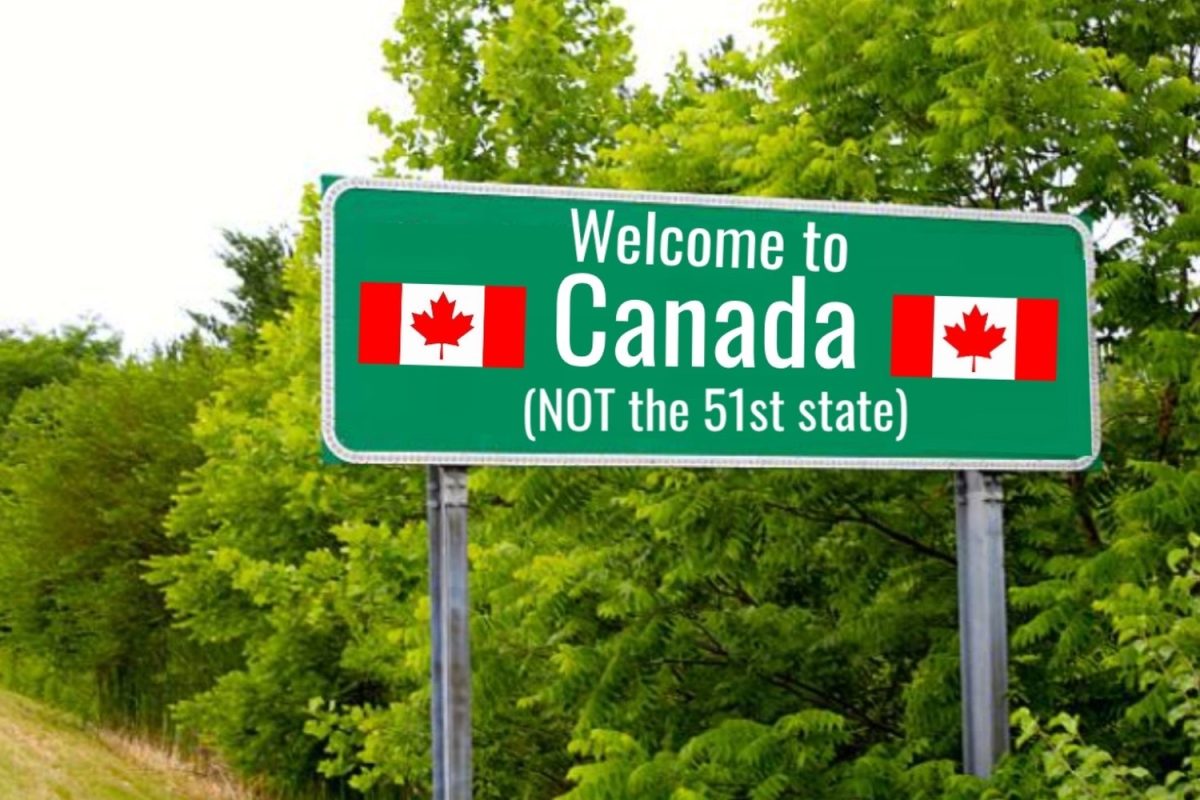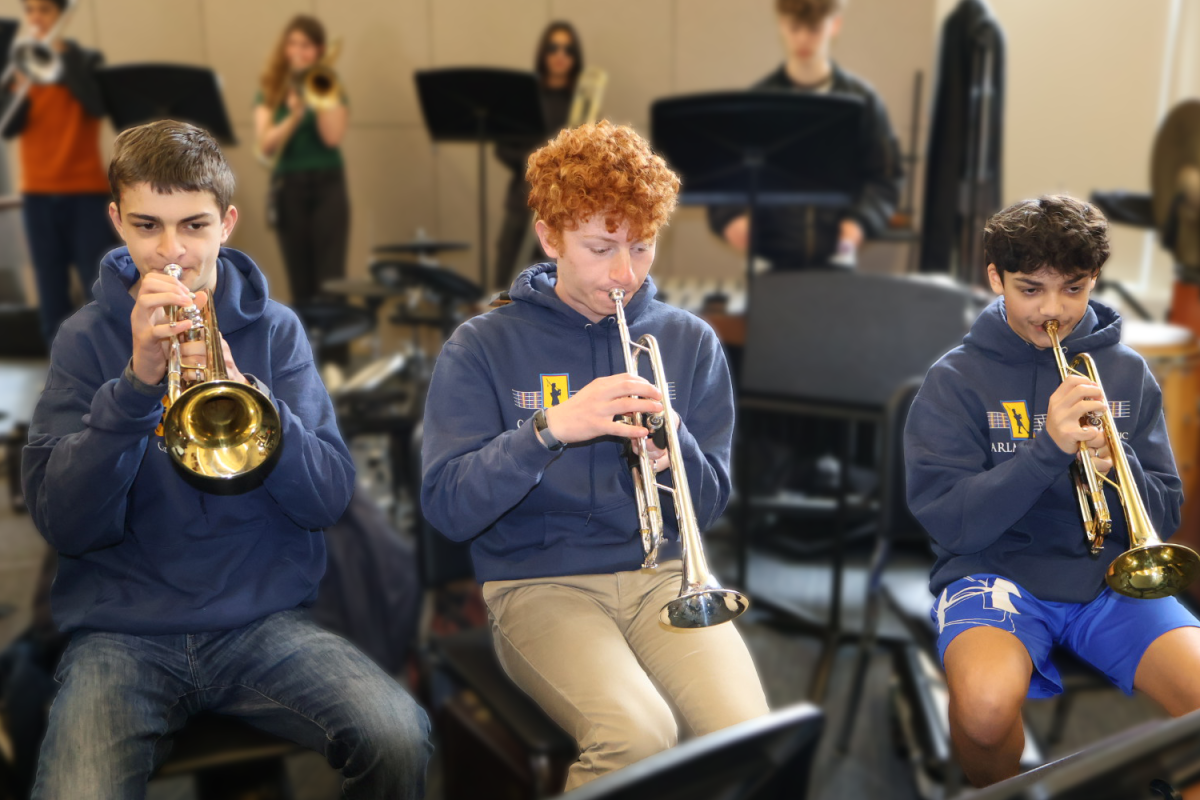Due to the extremely competitive nature of high schools in the Bay Area, conversations regarding college, grades, standardized test scores, and extracurriculars are prevalent. As a result, eager high school students constantly try to go above and beyond in an attempt to differentiate themselves from other students and secure their spots at top colleges. However, in this attempt to gain prestige, students often sacrifice their mental health and passions.
“I distinctly remember how stressed out I was during my junior year; definitely a product of me pushing myself too much,” said senior Marcus Zhang. “I would come home late because of various extra-curricular [activities], such as clubs or sports, and as a result, I got very little sleep each night. Now applying to college and having to choose majors, I wish I had spent my time discovering things I was truly interested in.”
According to a study titled “Privileged but Pressured? A study of affluent youth,” students who set unrealistic standards for their accomplishments are much more likely to experience stress and ultimately become depressed. Another study conducted at Utah State regarding how hobbies improve mental health revealed that doing things you enjoy and finding certain hobbies are some of the best ways to reduce stress.
Thus, rather than only focusing on obtaining copious amounts of extracurricular activities such as internships, research projects, or honors programs, students should spend their time on things they are genuinely passionate about or simply enjoy. This will not only help relieve stress and anxiety but also allow students to prepare for future careers.
Students may worry about not having recognizable internships or attending special academic programs that their peers may. Too often, students think that if they don’t have internships for large companies, then their chances of being accepted into elite colleges are greatly reduced.
However, they fail to realize that colleges care not for the prestige of their activities but for the knowledge they gain from them. In fact, College Board itself endorses a range of extracurriculars, from a summer job at a fast food joint to pre-college learning programs: “It’s all about what you’ve gained, what you’ve learned, and how you communicate that.”
It’s important to note that there’s nothing wrong if a student pursues an internship or honors program because they are genuinely invested in it. It’s imperative to draw the line between prestige and passion, as students must be aware of their wellbeings and health.
Engaging in activities that students are interested in serves to not only take attention away from stressors but also can foster passion. Additionally, there is a common misconception that such activities are overlooked by colleges when in reality, they can actually help. Colleges want to see students’ interests, how they’ve developed them and what they’ve learned from their experiences.
Furthermore, it doesn’t really matter if a student has insanely good grades or prestigious summer camps if they show no passion. A person’s character and personal life are reflected by their passions. As the college admissions process is re-evaluated post-pandemic, it’s important that students do the same for their perception of it. This will not only allow students to alleviate stress but also find meaningful hobbies.

